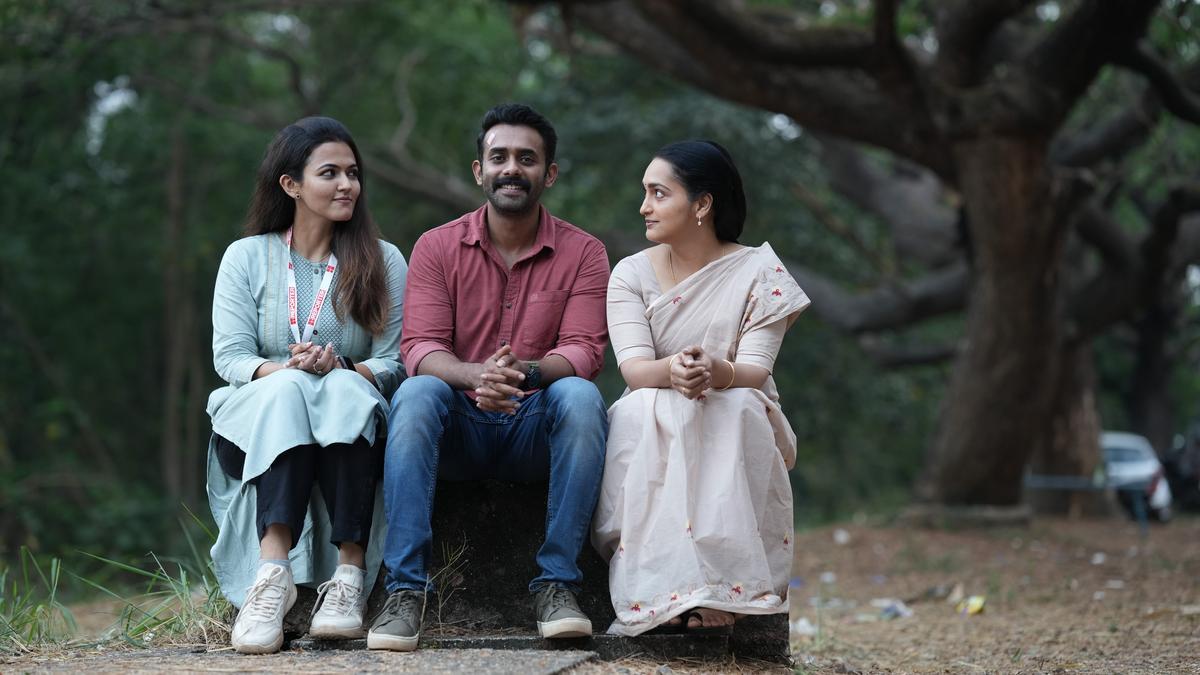
In a decision that has sparked widespread discussion across the cricketing community, former Australian captain Ricky Ponting has made a bold declaration regarding the composition of Australia’s Test team for the upcoming Border-Gavaskar Trophy. After meticulous observations and evaluations, particularly focused on the ongoing clash between India A and Australia A, Ponting has expressed his preference for 25-year-old Nathan McSweeney to take up the mantle as the opening partner for Usman Khawaja. This choice seemingly sidelines other contenders like Sam Konstas, Cameron Bancroft, and Marcus Harris, leading to an intriguing turn in Australia’s cricketing narrative.
Ponting articulated his reasoning on the ICC Review show, placing emphasis on McSweeney’s experience and maturity, which, according to him, surpasses what his younger competitors currently offer. Although Sam Konstas shows immense promise, Ponting raised concerns over his relative youth and inexperience in dealing with challenging venues like Perth’s Optus Stadium and Brisbane’s Gabba. “I thought a bit more about it, and he is so young and has probably not even played on grounds like Optus Stadium or at the Gabba,” Ponting observed. He further elaborated that Konstas has likely missed out on playing pink-ball matches at Adelaide Oval, adding another layer of complexity to the scenario despite acknowledging Konstas’ talent.
Ponting examined alternative options within Australia’s lineup, notably mentioning the return of players like Cameron Bancroft or Marcus Harris. However, he remarked that reverting to these players would have been a step taken last year when Usman Khawaja’s age was already an area of contemplation for team strategists. This analysis seems to reinforce Ponting’s advocacy for McSweeney, whom he describes as the most seasoned among the candidates.
In further elaboration, Ponting remarked, “Another thing that I’d said then was that I don’t think they’d go back to a Bancroft or Harris – because if they’re willing to do that, they would’ve done it the last year.” This statement underscores a calculated decision-making process geared towards freshening up the team dynamics rather than relying on historically familiar entities.
Nathan McSweeney’s credentials are gradually increasing his appeal as an opening batsman. Previously, he served as captain for Australia A, showcasing leadership qualities that Ponting believes will be crucial as he transitions to a new role at the onset of the Australian summer.
. Ponting commented, “So the only name left for me more or less is Nathan McSweeney… he got the most out of any of those guys from the A game in Australia at the moment. And he’s more experienced. He has captained Australia A in the past, and he’s captaining them now. So I’m leaning towards McSweeney now for that opening role.”
The South Australian’s current performance in the India A vs Australia A series further solidifies Ponting’s endorsement, with McSweeney remaining unbeaten on 47 and steering his team towards the target of a further 86 runs for victory. A strong finish in this match could decisively tilt the scales in his favor, positioning McSweeney as a formidable novice in a longstanding rivalry with the Indian cricket team.
McSweeney, while traditionally a middle-order batter, has expressed keen enthusiasm about adjusting to the demands of opening, signaling his readiness to embrace a role that diverges from his historic playstyle. His rise within Australian cricket, if proven successful, might well set a precedent for molding players into versatile roles, equipped to handle a range of cricketing challenges on the international stage.
As the narrative unfolds, the spotlight remains firmly fixed on McSweeney’s progression and the wider strategic implications for Australia as they gear up for a testing summer filled with high-stakes encounters against a formidable Indian side. This decision by Ponting does more than just address immediate team needs; it potentially aligns with a broader, long-term vision for Australia’s frontline strengths in Test cricket.










